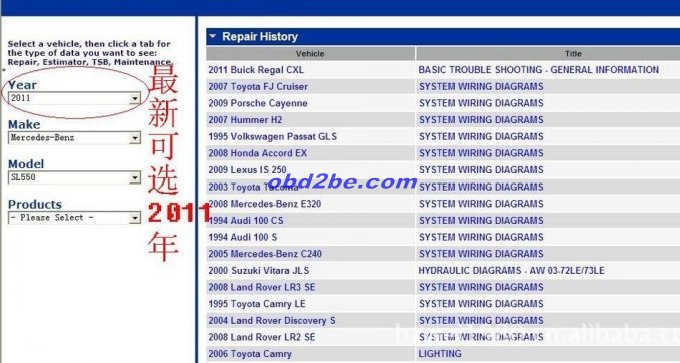
That means there could still be double counting between a country and a company both asserting that the same credits lowered their emissions, Cullenward says. That suggests that projects developers in, say, Brazil could earn money for the offsets sold through voluntary markets-while the nation itself could still apply those carbon gains toward its own emissions progress under the Paris accords.

The UN’s new rules take a hands-off approach to these marketplaces, notes Danny Cullenward, policy director at CarbonPlan, a nonprofit that analyzes the integrity of carbon removal efforts.

Oil and gas companies, airlines, and tech giants are all buying increasing numbers of offsets through these sorts of programs as they strive to achieve net-zero emissions goals. Offset project developers have long been able to generate and sell carbon credits through voluntary programs, like the ones managed by registries such as Verra or Gold Standard. Voluntary marketsīut some experts fear there may still be ways that double counting could occur. Only the nation that buys a credit, or holds onto one it generated, can. That means two nations trading carbon credits can’t both apply the climate gains toward their Paris goals. Most observers praise at least one key achievement at Glasgow: The rules largely will prevent double counting of climate progress. In fact, Switzerland is already financing projects in Peru, Ghana, and Thailand in hopes of counting those initiatives toward its Paris target. But countries including Canada, Japan, New Zealand, Norway, South Korea, and Switzerland have said they will apply carbon credits, according to Carbon Brief. The US and European Union have stated that they don’t intend to rely on international carbon credits to achieve their emissions goals under the Paris agreement. But the process is “slowly, messily, ploddingly building out the infrastructure for more trading of carbon as a commodity,” says Jessica Green, associate professor of political science at the University of Toronto, who focuses on climate governance and carbon markets. The Glasgow agreement will establish a separate process for countries to earn credit toward their Paris targets by cooperating with other nations on projects that lower climate emissions, such as funding renewable power plants in another country.Įxperts disagree over how large the UN-backed market will become, what some of the new rules will actually do, and how much the details may change as the final methods are determined. They’re typically awarded for practices such as halting deforestation, planting trees, and adopting certain soil management techniques.Ī new supervisory body, which should begin holding meetings next year, will develop final methods to validate, monitor, and certify projects seeking to sell UN-accredited carbon credits.

Others warn that the agreement may accelerate the creation of carbon credits within separate voluntary offset markets, which are often criticized for overstating climate benefits as well.Ĭarbon credits, or offsets, are produced from projects that claim to prevent a ton of carbon dioxide emissions, or to pull the same amount out of the atmosphere. Under the COP26 agreement, countries should soon be able to buy and sell UN-certified carbon credits from one another, and use them as a way to achieve greenhouse gas reduction pledges under the Paris climate agreement.īut some observers fear the rules include major loopholes that could make it appear as if nations are making more progress on emissions than they really are. Nations are poised to begin building an international carbon market, after finally adopting the relevant rules at the UN climate conference in Glasgow earlier this month.


 0 kommentar(er)
0 kommentar(er)
